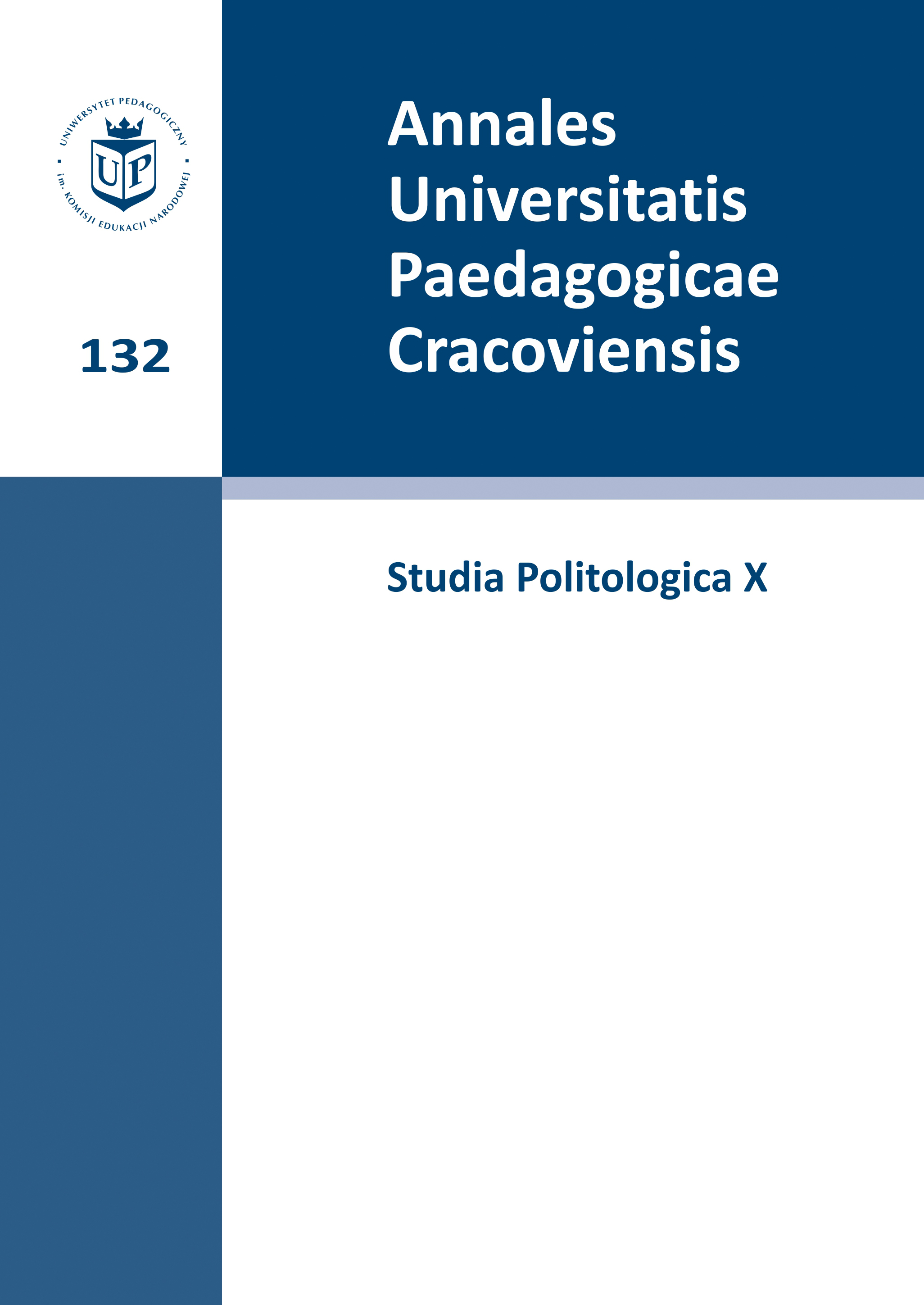Postawy robotników wobec polityki społeczno-gospodarczej w Polsce (1945–1956)
Abstrakt
In accordance with the line of the communist party, wage workers constituted the ruling class in the years 1945-1989 in Poland. However, despite the public declarations, the social character of the Polish People’s Republic did not rely on the democratic rule of the workers but on the existence of an immense bureaucratic apparatus.The situation had an influence on the attitudes of workers towards the new government. The workers’ self-government movement from the years 1944-1945 was neutralized by the Stalinists, causing the development of the oppositionist attitudes. The resistance of the workers was manifested by strikes that broke out mainly due to economic reasons as well as by activities that the government called “the sabotage of the work.” Stalin’s policy also influenced the mutual relations among the workers who were frequently atomised and divided, so that they could not collectively protect their interests. This in turn strengthened the power of the bureaucracy.
In 1956 the first mass outburst of workers’ dissatisfaction took place. After the events in Poznań, the workers started to more and more boldly raise the issue of workers’ selfgovernment (in the form of workers’ councils).
Pobrania
Opublikowane
2015-08-07
Numer
Dział
Artykuły
Licencja
Redakcja przyjmuje do druku teksty oryginalne, wcześniej niepublikowane. Treść czasopisma jest dostępna na licencji Creative Commons (CC-BY-NC-ND 3.0 PL)
Licencja ta zezwala na wykorzystanie materiałów opublikowanych w czasopiśmie w celach niekomercyjnych np. komentarza, krytyki, informacji, archiwizacji, nauczania lub prowadzenia badań, z poszanowaniem aktualnie obowiązującego prawa autorskiego (ustawa z dnia 4 lutego 1994 r. o prawie autorskim i prawach pokrewnych Dz.U. 1994 nr 24 poz. 83 z poźn. zm.). Zgodnie z wymogami licencji, konieczne jest dokładne podanie źródła cytowania lub parafrazowania oraz zachowanie tekstu w oryginalnej postaci (zakaz tworzenia utworów zależnych).

